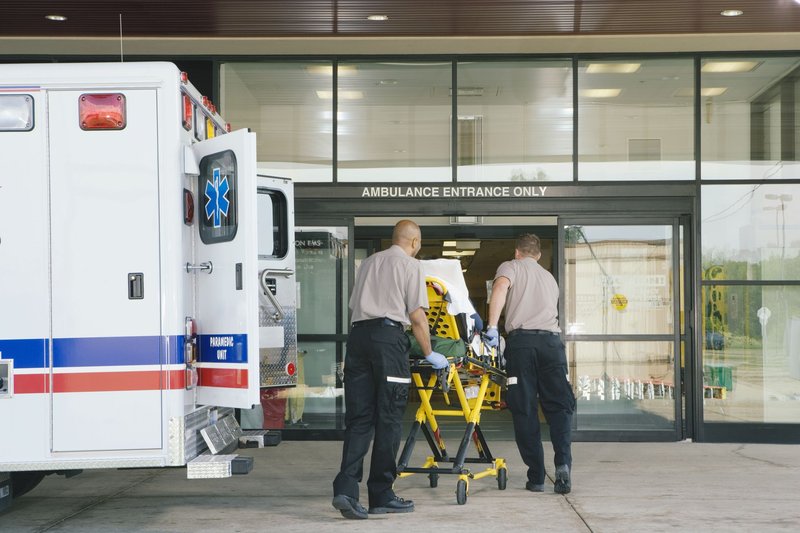
A power outage doesn’t have to spell disaster. There are various ways to keep your essentials running, from standby generators to portable power banks. Let me break down these options for you, so you’ll feel equipped and confident when the lights flicker.
Understanding Your Power Needs
Before diving into the different types of emergency power solutions, it’s crucial to assess your specific needs. Not every homeowner will require the same setup, and understanding what you need to power can save you time and money.
Start by identifying the key appliances that you rely on—like your refrigerator, lights, or medical equipment. You might also want to consider charging phones and maintaining internet connectivity. Once you have a list, you can calculate the total wattage required. This will help you choose the right generator or battery backup system for your home.
Consider also how long you might need power during an outage. Will it be a few hours, or are you preparing for longer outages? This will guide you in selecting a solution that meets your expectations.
Portable Generators: Flexibility and Convenience
A portable generator is one of the most popular choices for homeowners facing power outages. These handy devices can be easily stored and moved where needed. Just imagine being able to fire up your portable generator in the garage or backyard, plugging in your essentials, and returning to semi-normalcy.
Most portable generators run on gasoline, though some models are dual-fuel, allowing you to use either propane or gasoline. Starting wattage varies, so it’s important to pick one that can handle your power demands.
Using a portable generator involves a bit of setup, like running extension cords from the generator to your appliances. Always remember to use it outdoors, as the fumes can be dangerous. Additionally, routine maintenance, like checking the oil and running it periodically, will keep it in top shape for when you need it most.
Standby Generators: The Ultimate Solution
If you want a seamless transition during an outage, a standby generator is the way to go. These systems are permanently installed outside your home and automatically kick in when the power goes out. Think of it as your home’s superhero, ready to save the day without you having to lift a finger.
Standby generators are connected directly to your home’s electrical system. They often run on natural gas or propane, making them a reliable source of power during extended outages. Since they’re automatic, you won’t have to worry about running outside to start a generator when the storm hits.
However, they do come with higher costs, both in installation and maintenance. But for many homeowners, the peace of mind offered by a standby generator is worth the investment.
Solar Power Solutions: A Sustainable Choice
If you’re interested in a more eco-friendly option, consider solar power systems. These systems harness energy from the sun, turning it into electricity you can use during outages. Imagine having your very own power plant on your roof!
Solar battery systems work by storing power collected during sunny days. This stored energy can then be used when the grid goes down. While the initial investment can be significant, it can pay off in the long run—with potential savings on your energy bills and the benefit of reduced carbon footprint.
Keep in mind that you’ll need a solar installation that’s sized appropriately for your energy needs. Also, during extended cloudy days, you might still need a backup solution to ensure you have enough power.
Battery Backup Systems: The Plug-and-Play Option
For a simple, low-maintenance solution, a battery backup system could be exactly what you need. These systems store energy and can be charged from the grid or with solar panels. Think of them as large power banks for your home.
Battery systems can power essential devices like lights, refrigerators, and even medical equipment for several hours to days, depending on capacity. They’re especially popular in areas with frequent outages, and they can be easily installed without the need for additional fuel.
While they offer convenience, keep in mind that the upfront costs can vary greatly based on the system’s capacity. It’s crucial to understand how much power you’ll need and how long you’ll want to rely on the battery.
Inverter Generators: Quiet and Efficient
If noise is a concern, especially in residential areas, an inverter generator might be your best bet. These generators are known for their quiet operation and fuel efficiency. Picture a gentle hum rather than a loud roar when you switch it on.
Inverter generators provide clean energy, making them ideal for sensitive electronics like laptops and phones. They’re also portable, allowing you to take them on camping trips or use them for tailgating, adding an element of versatility.
However, while they are quieter, they generally provide less power than traditional generators. This makes them great for small appliances, but you’ll want to ensure you have enough wattage to meet your needs during an outage.
As a homeowner in 85002, being prepared for power outages is crucial. Whether you lean towards a portable generator, standby system, solar power, or battery backup, each option has its unique strengths. The key is to assess your needs and consider the features that will serve you best.
Power outages don’t have to leave you in the dark—literally! By exploring these solutions, you can find the right fit for your home and lifestyle. That way, when the next outage hits, you’ll be ready, calm, and confident.
